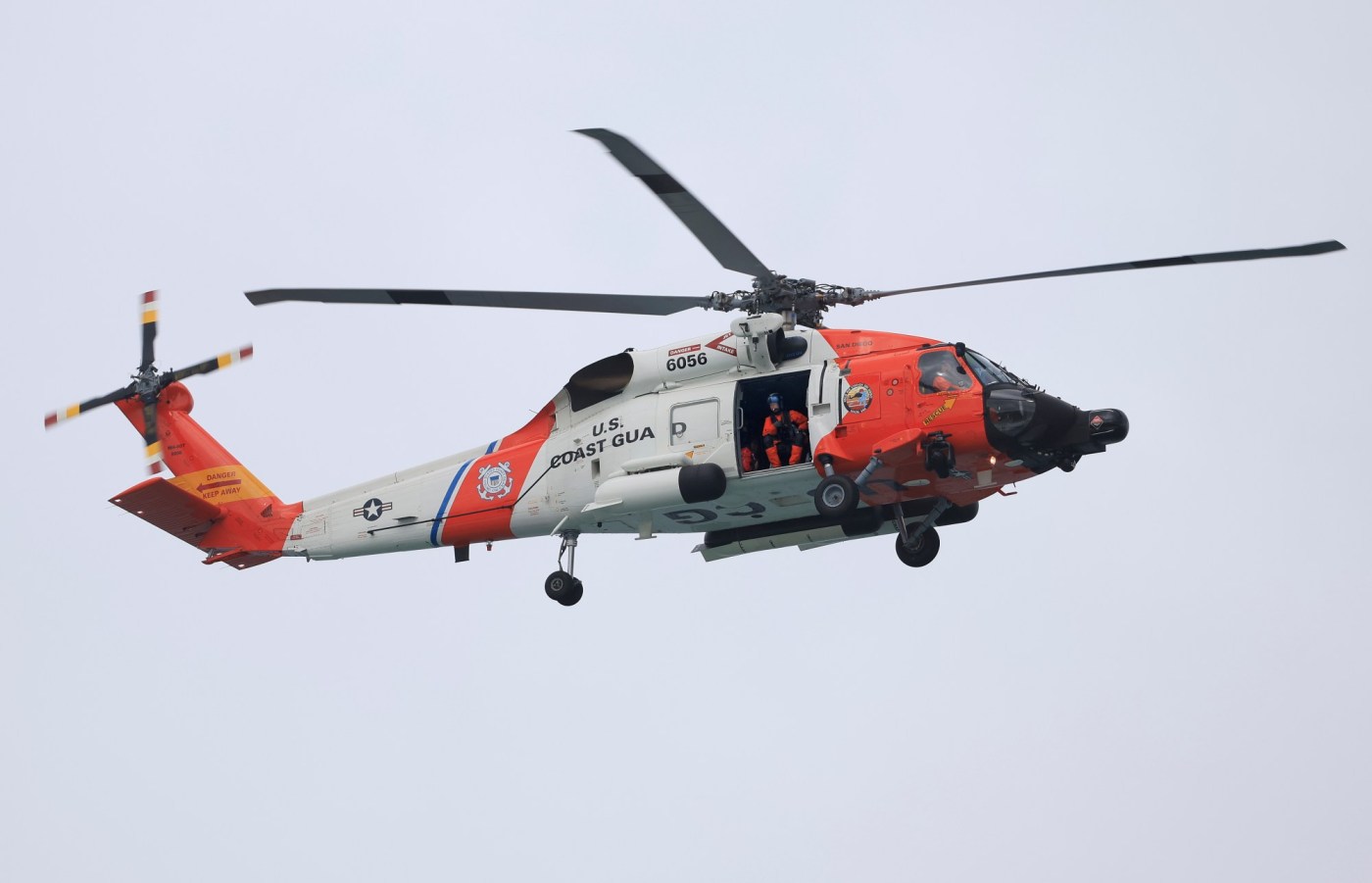
A small plane that went missing Sunday off the coast of San Diego and is presumed to have crashed was being flown by a 67-year-old researcher who was remembered as a “brilliant biologist.”
Tsotne David Javahishvili went missing when the plane he was flying did not land at Montgomery-Gibbs Executive Airport as planned. The Del Mar resident, who had taken off earlier from the Ramona Airport, was cleared to land by air traffic control but wasn’t heard from again.
Related Articles
Small plane owned by California CEO is reported lost over Pacific
Report: Pilot admitted ‘nervousness’ about busy airspace before California crash that killed 6
NTSB set to meet on door plug investigation of terrifying California-bound Alaska Airlines flight
Hot-air balloon in Brazil catches fire and falls from the sky, killing 8 and injuring 13
Preliminary NTSB report on fatal California jet crash notes low-altitude approach, inoperative lights
After bypassing Montgomery, the plane flew out over the ocean for more than 500 miles before it disappeared, according to FlightAware, a flight-tracking technology company.
The National Transportation and Safety Board said it had opened an investigation into the “presumed crash of a Cessna 240 airplane” into the ocean.
Javahishvili was flying a Cessna registered to his friend, Peter Schultz, who is the president and CEO of Scripps Research. The single-engine plane can carry a pilot and three passengers.
“Tsotne was a kind and wonderful person and a dear friend, whose great passion was flying,” Schultz said in a statement. “He was a skilled and careful pilot, and we flew many (hundreds) of hours together.
“Tsotne was a brilliant biologist who made important contributions to advancing the use of antibody drug conjugates in medicine,” he added. “I’ll miss him dearly and send my deepest condolences to his family.”
Schultz said Scripps Research would be establishing a postdoctoral fellowship in Javahishvili’s name to honor his contributions to science and medicine.
Javahishvili was originally from the country of Georgia and had lived in the U.S. since the early 1990s.
Longtime friends said he first taught college in Washington state before moving to San Diego County.
“He was a remarkable person, the most intelligent person I’ve ever known,” said Lia Chkonia, who had been friends with Javahishvili for 50 years, since college. “It is a big loss for the whole world, the scientific world … It is something that is hard to bear and hard to lose such a friend.”
She said he is survived by a daughter, a brother and a niece, who all live in Georgia.
According to FlightAware, the plane departed Ramona shortly after 1:50 p.m. The website shows the flight going over the ocean before tracking stops around 4:30 p.m.
The Federal Aviation Administration issued a search alert notice for the plane around 4:10 p.m. Sunday. The alert was canceled Tuesday afternoon after the plane could not be located.
A spokesperson with the U.S. Coast Guard said personnel searched for the plane over a 2,600-square-mile area for 26 hours. Its search was suspended Monday night.
According to an online biography posted by the biomedical research company Genomics, Javahishvili began his scientific career at the Tbilisi Institute of Plant Biochemistry after graduating from Tbilisi State University and doing postgraduate studies. (The site spells his name as Javakhishvili.)
According to the biography, he taught molecular genetics at a college in Olympia, Wash., and went on to do research on genomic programs of cellular development and differentiation at several companies and institutions. His work involved research on so-called “next-generation” genetic code expansion and genomic engineering, as well as next-generation immunotherapeutic design.
A Facebook post by the University of Georgia said Javahishvili was founder and director of the Institute of Synthetic Biology at the university.
Staff writer Gary Robbins contributed to this report.